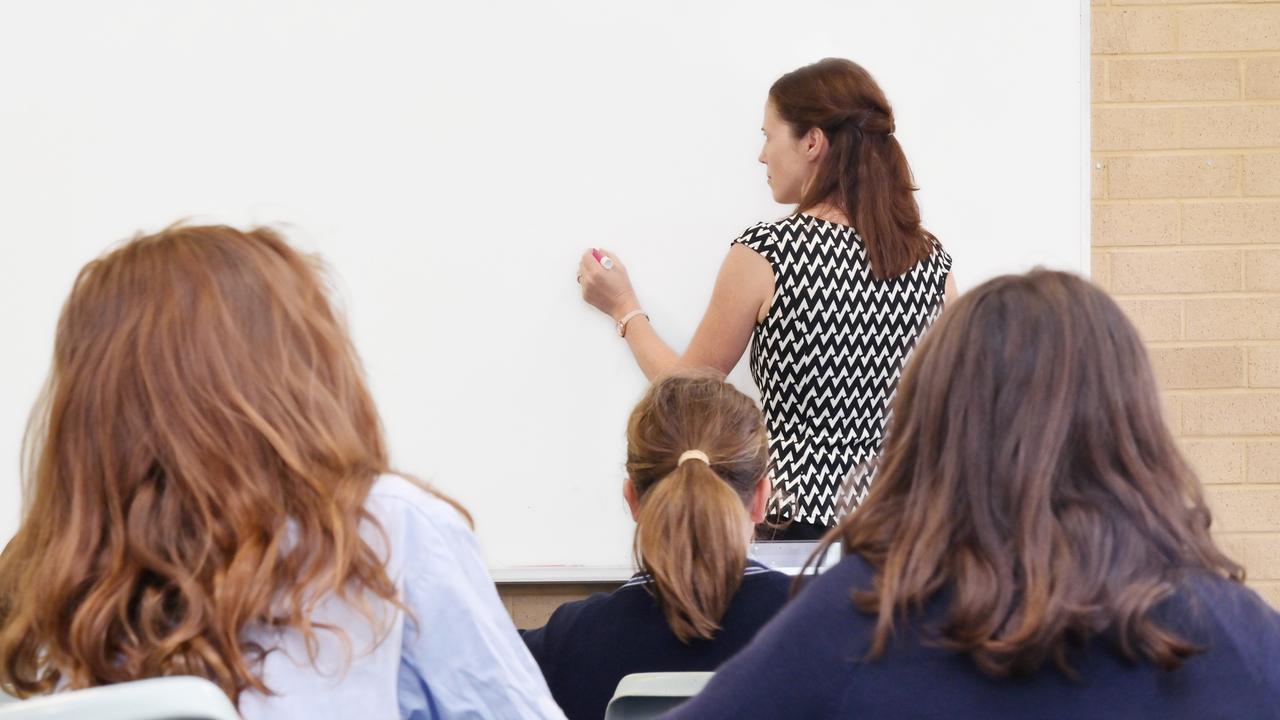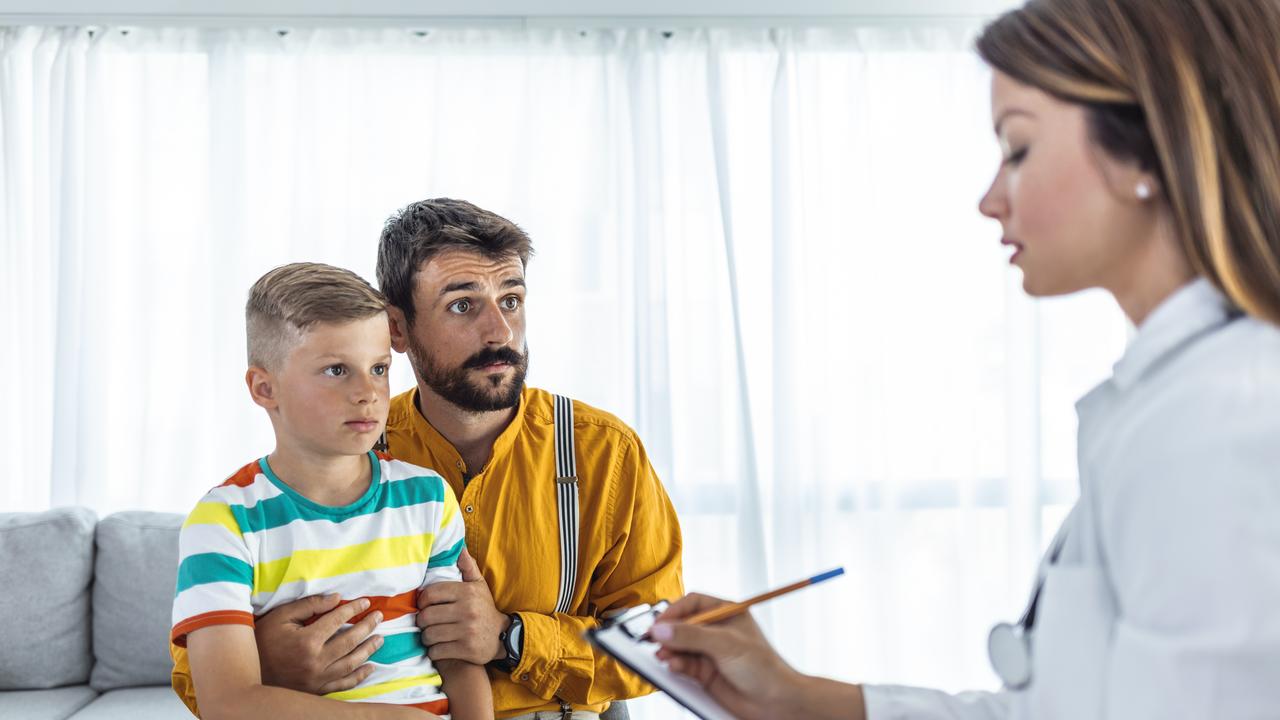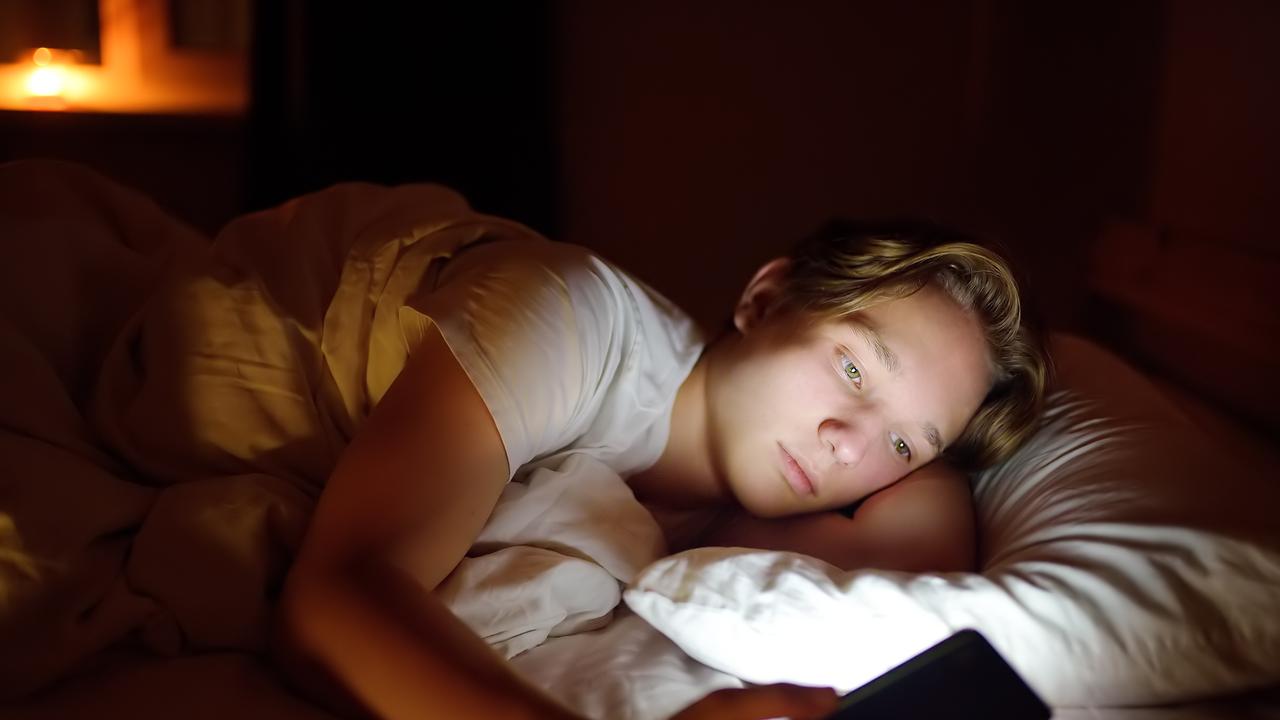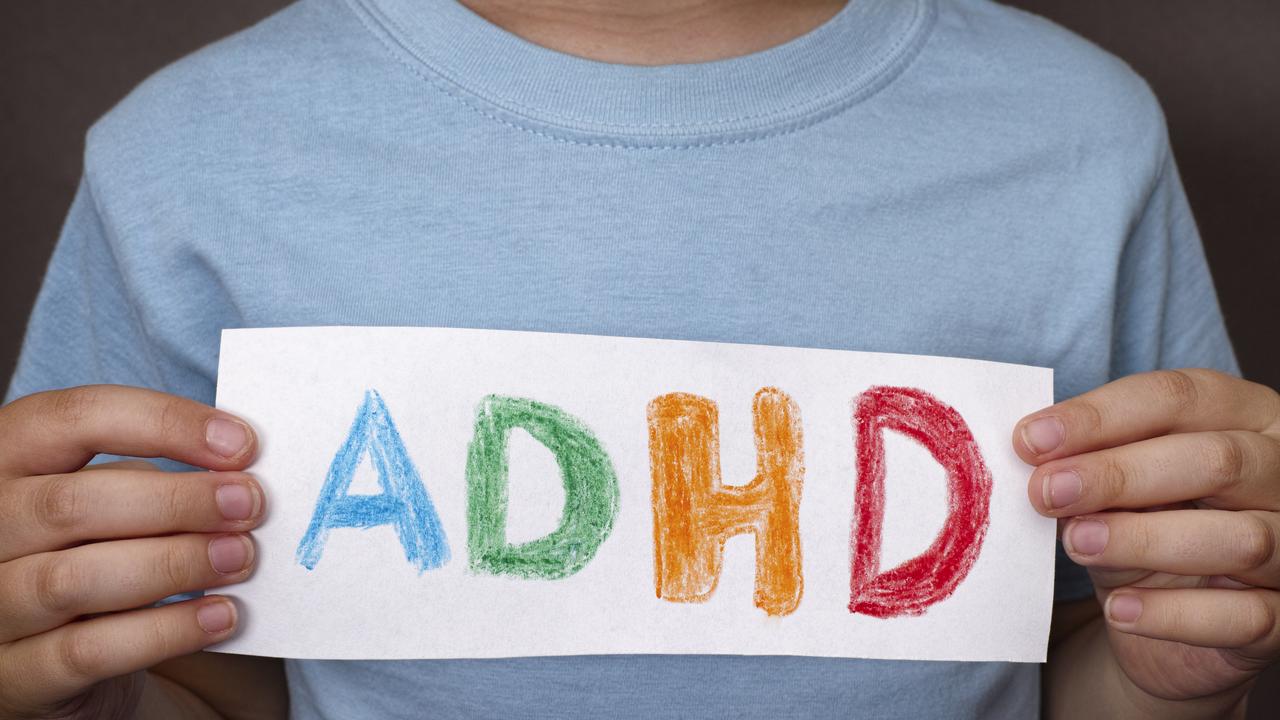Dr Zac Turner on how self-diagnosing ADHD on TikTok is dangerous
An increasing number people are self-diagnosing after going on TikTok – and a doctor has warned it could lead to big problems.
Welcome to Ask Doctor Zac, a weekly column from news.com.au. This week, Dr Zac Turner warns against self-diagnosing yourself with ADHD.
QUESTION: In the last few years of teaching I’ve noticed a concerning trend in my students both in my in-person and virtual classrooms. My students have begun to talk about ADHD, and a certain number have self-diagnosed themselves and expect me to offer them lee-way because of it.
I teach HSC students, and I fear my students are abusing ADHD medication to study. One student proudly said in class they were diagnosed, and now can stay up all night cramming because of her prescription medication.
Have you noticed a glorification of ADHD? Are you just as concerned as I am about students abusing the medication? – Anon, Sydney

ANSWER: Thank you for your question, and it’s one that has certainly come up in the wider conversation the last few months. I’d like to preface this column by saying ADHD is a real condition, and any neuro-diverse person deserves to be helped.
As I’ve stated in a previous column, the stereotype that a person with ADHD is boisterous, outspoken, and a risk taker is very outdated. Many people with ADHD, especially young girls and women, live with a quiet, spacey form of the condition that is often misunderstood and undiagnosed.
Often I’ll have young patients come to me with their own self-diagnosis of ADHD. They’ll say they can’t concentrate and find it hard to study. Typically, they will have googled their symptoms and come to the conclusion it is ADHD, and that they require medication for it.
As a doctor, it is my job to assess each individual patient, find the most pertinent information and liaise with different health professionals. In this case a counsellor or psychologist, on occasion school teachers, and specialists such as a psychiatrist.
I would never quickly diagnose a patient with something like ADHD without getting the full picture. Focus and concentration can be affected by a whole range of factors, especially sleep, diet, anxiety and depression. I highly recommend you speak to the parents of your self-diagnosing students, and ask if they can speak to a medical professional.

If a patient says to me that they can’t concentrate, my first question is always, “How much processed and sugary foods/drinks do you consume each day?”
Processed foods negatively affect metabolism at a cellular level. They create insulin resistance and weak mitochondria in the body which in turn cause fatigue, mood disorders and decreased concentration. Furthermore processed sugars, which are high glycaemic index (GI) nutrients, are the food equivalent of crack and stimulate many of the same addictive receptors which can tire out your brain.
My other question is how much sleep do you get? You need to aim for seven hours each night to avoid a rise in cortisol levels, otherwise known as the stress hormone. If you are stressed, you are more than likely going to find it hard to focus.
Now I don’t want to age myself and complain about the perils of young people on social media, but, TikTok has seen an enormous ADHD community come together and share their experience. It’s referred to as ‘ADHD TikTok’, and is mainly a small number of large influencers creating content around the condition, with millions of young followers engaging.
I see the benefits of the community, as it destigmatises mental disorders and spreads awareness to a younger demographic. The problem is that it can lead to self-diagnosis, and can perpetuate falsehoods about the medication prescribed for it.

I do not see a problem in watching TikToks about neurodiversity, especially if it helps your ongoing wellness if you do identify that way. It’s also okay to create this content as well – the stigma surrounding the condition can be lessened when more people talk about it. I do see a problem however if you watch these videos and you’re not wearing your critical thinking caps when they discuss health and medical themes.
Like many medications, prescription stimulants are abused. This is the reason why many doctors are hesitant to prescribe it to young adults. They are prescribed to help people with ADHD focus effectively. They work by making the neurotransmitters last longer in the parts of the brain that control attention and alertness.

Medications such as Ritalin, Adderall and dexamphetamines can be dangerous as they have a high-potential for abuse, and have been associated with psychological dependence. If your students are abusing this drug to study, there should be clarification that it isn’t okay to use these medications this way. These medications can also have immediate or long term side effects such as anxiety and psychosis and need to be monitored accordingly.
The morale of the story is: Just like how you shouldn’t diagnose yourself from Google, you shouldn’t diagnose yourself from TikTok. If you truly believe you have the condition, go to your local GP and discuss it with them. If you need help, it is there for you.
Got a question: askdrzac@conciergedoctors.com.au
Dr Zac Turner has a Bachelor of Medicine and Bachelor of Surgery from the University of Sydney. He is both a medical practitioner and a co-owner of telehealth service, Concierge Doctors. He was also a registered nurse and is also a qualified and experienced biomedical scientist along with being a PhD Candidate in Biomedical Engineering.






